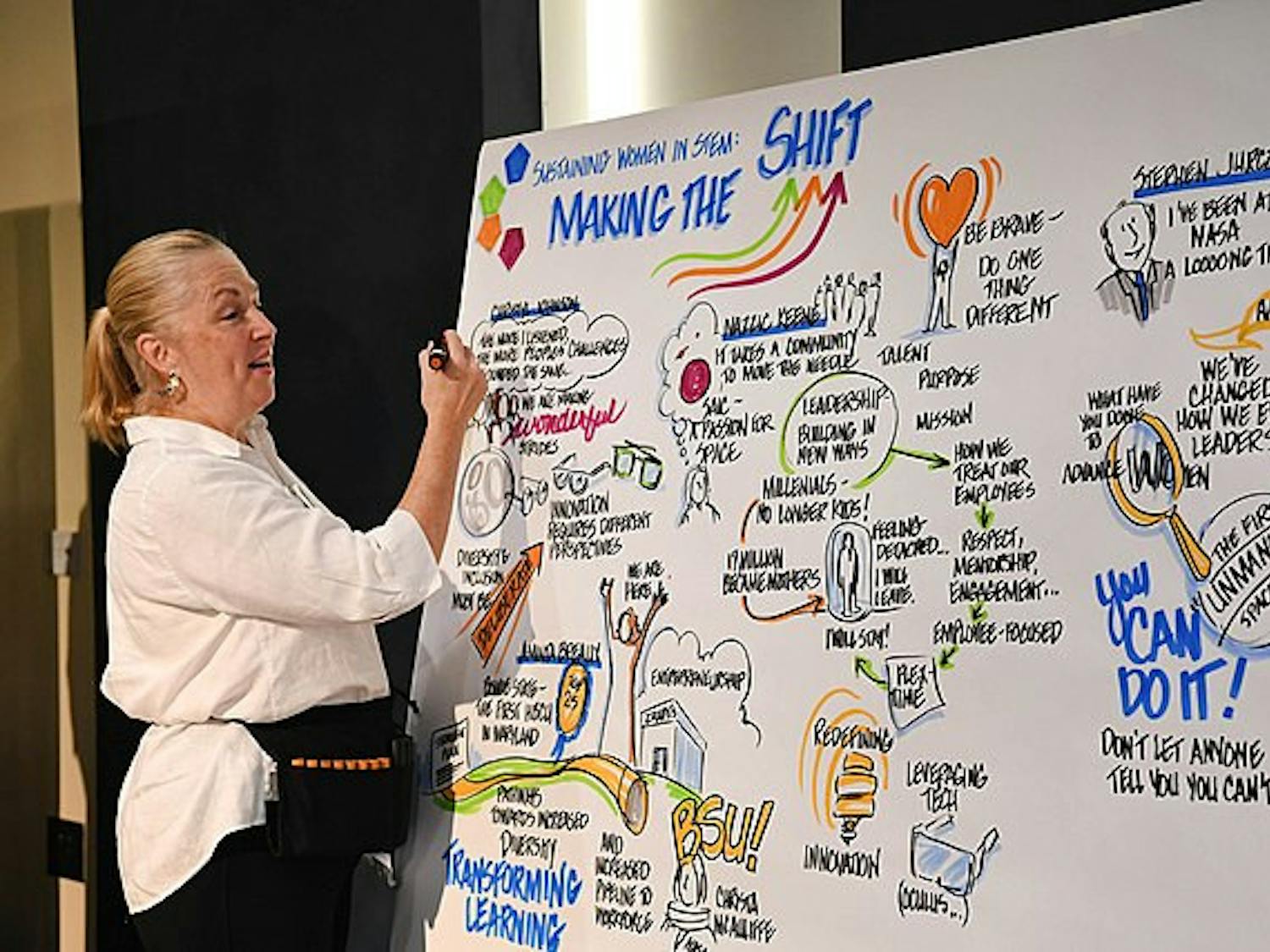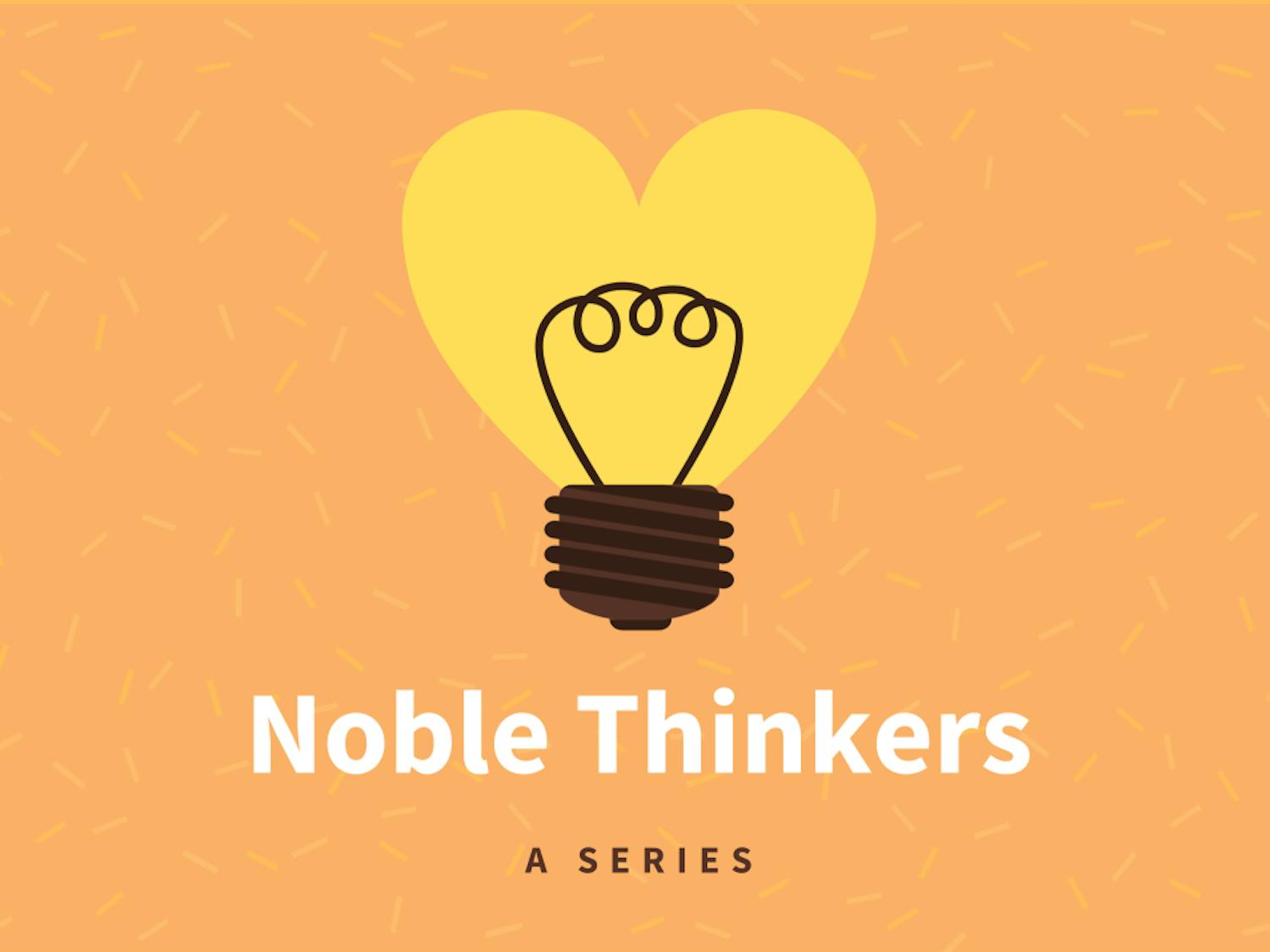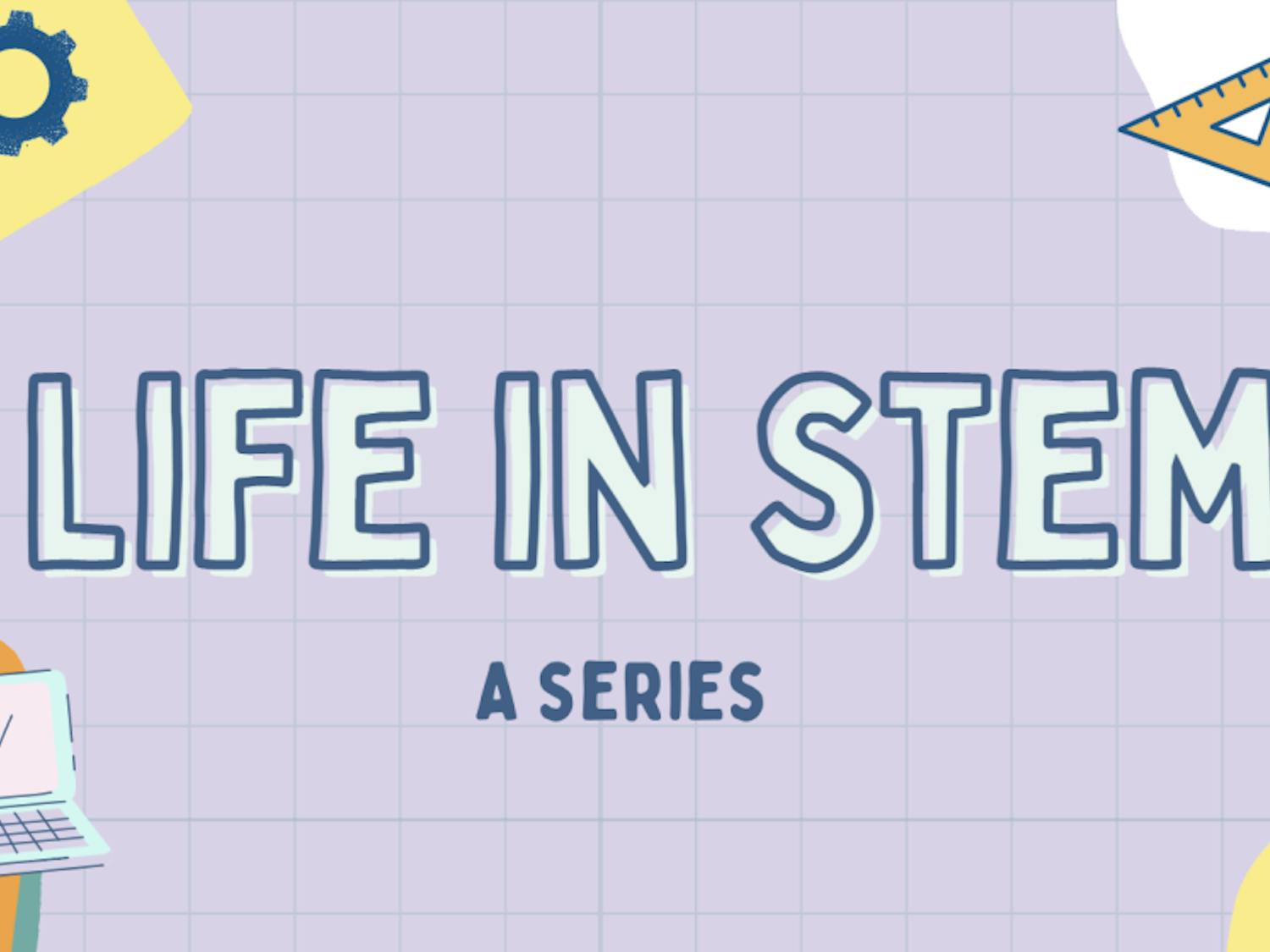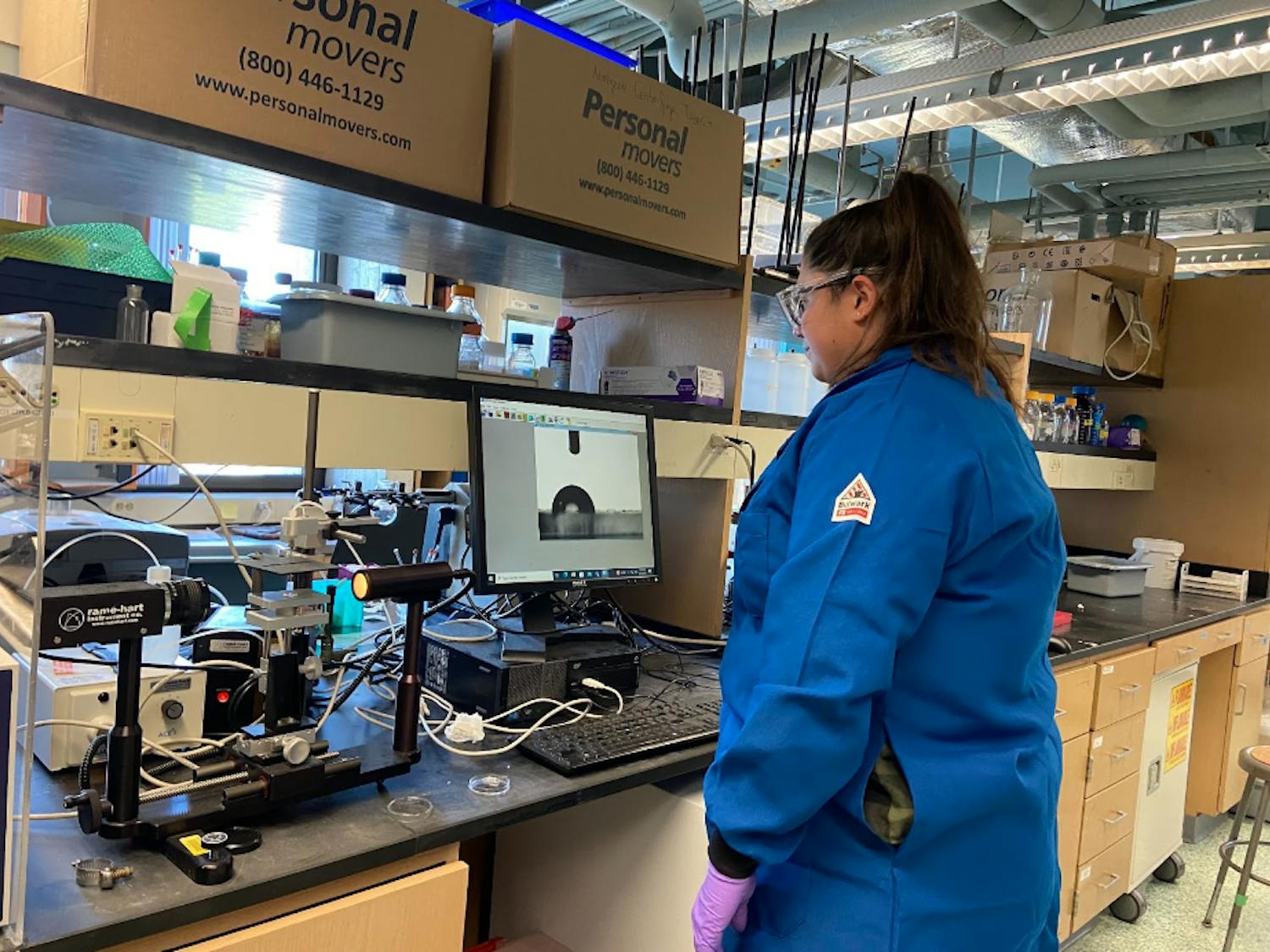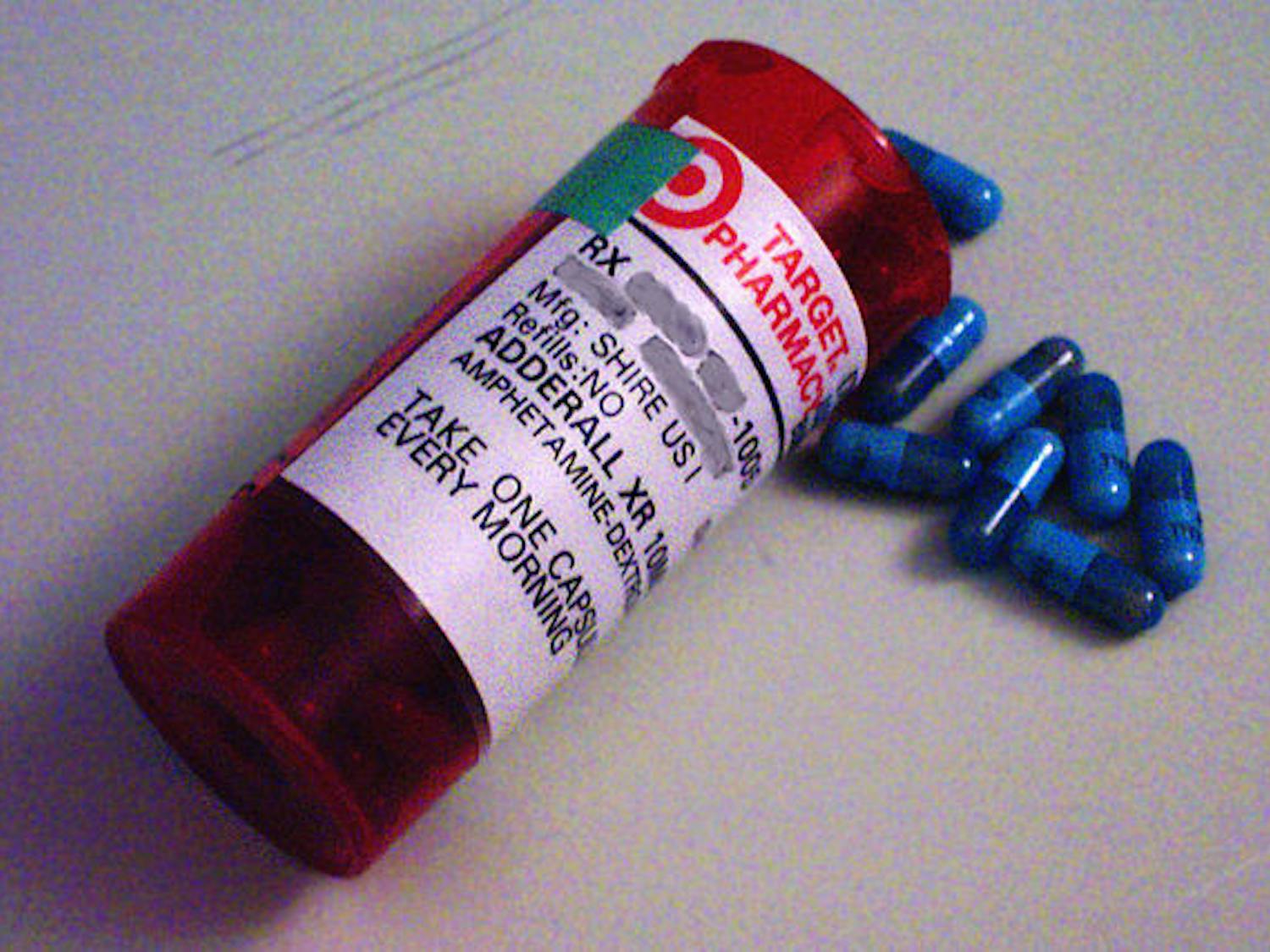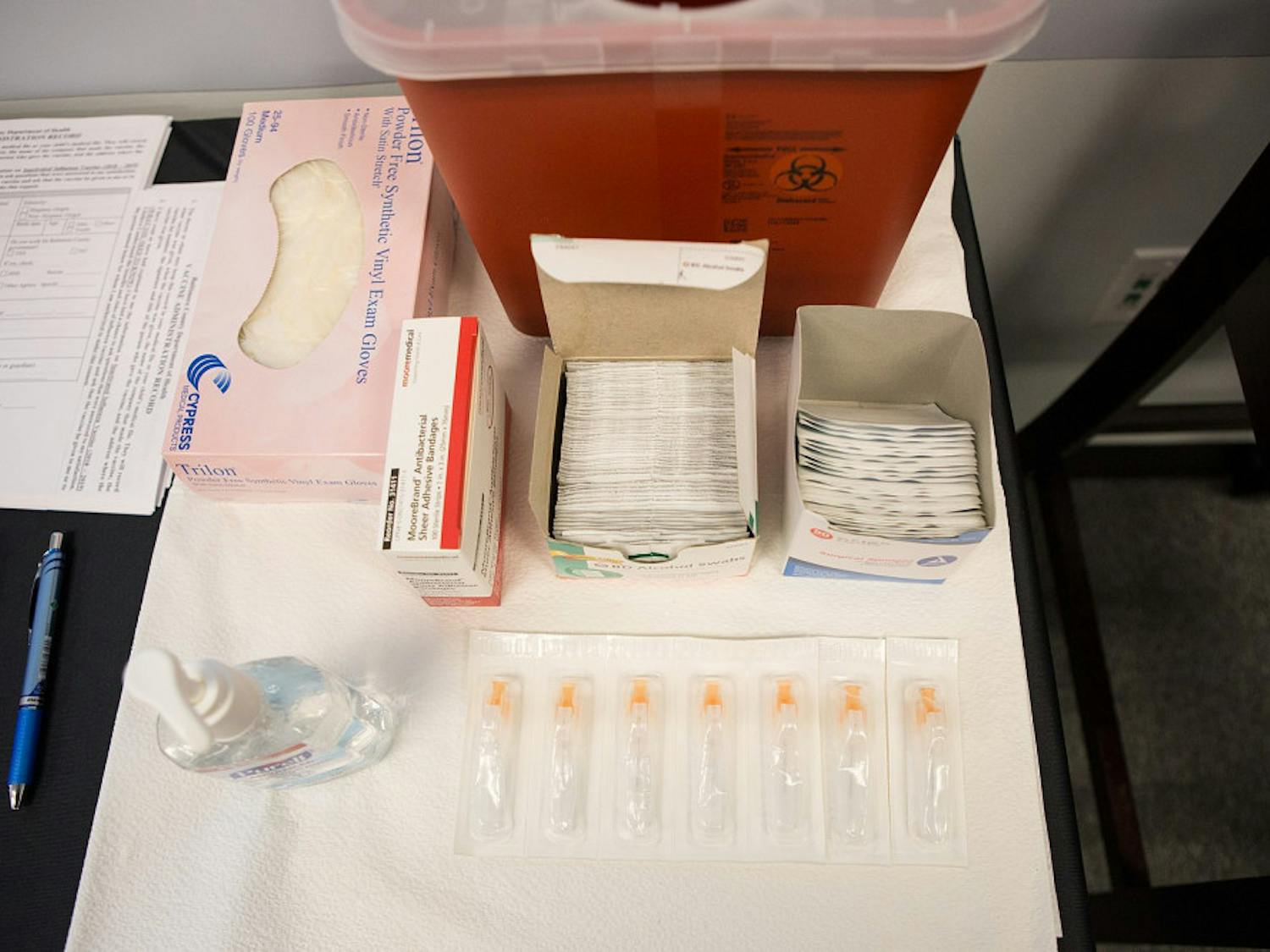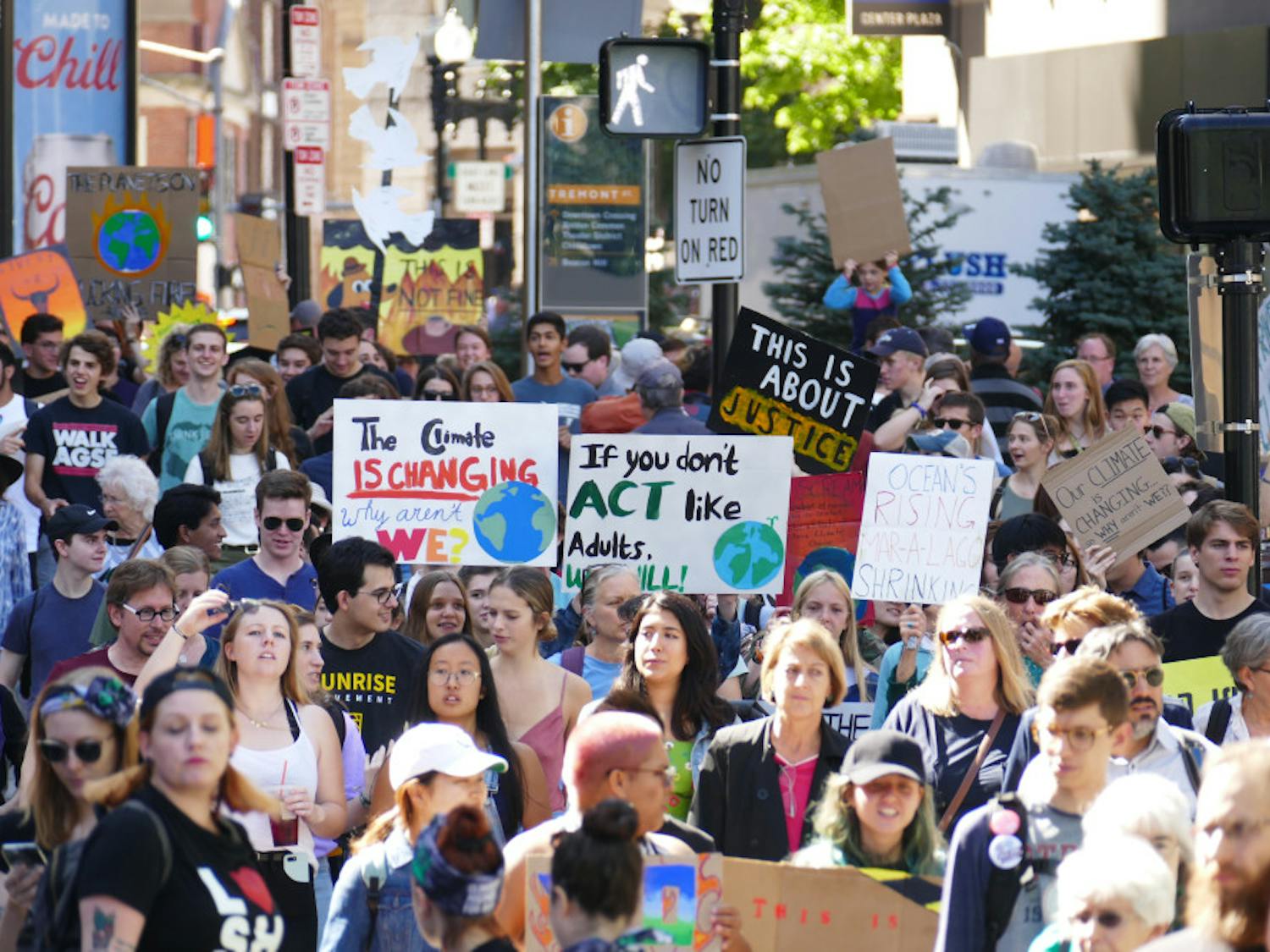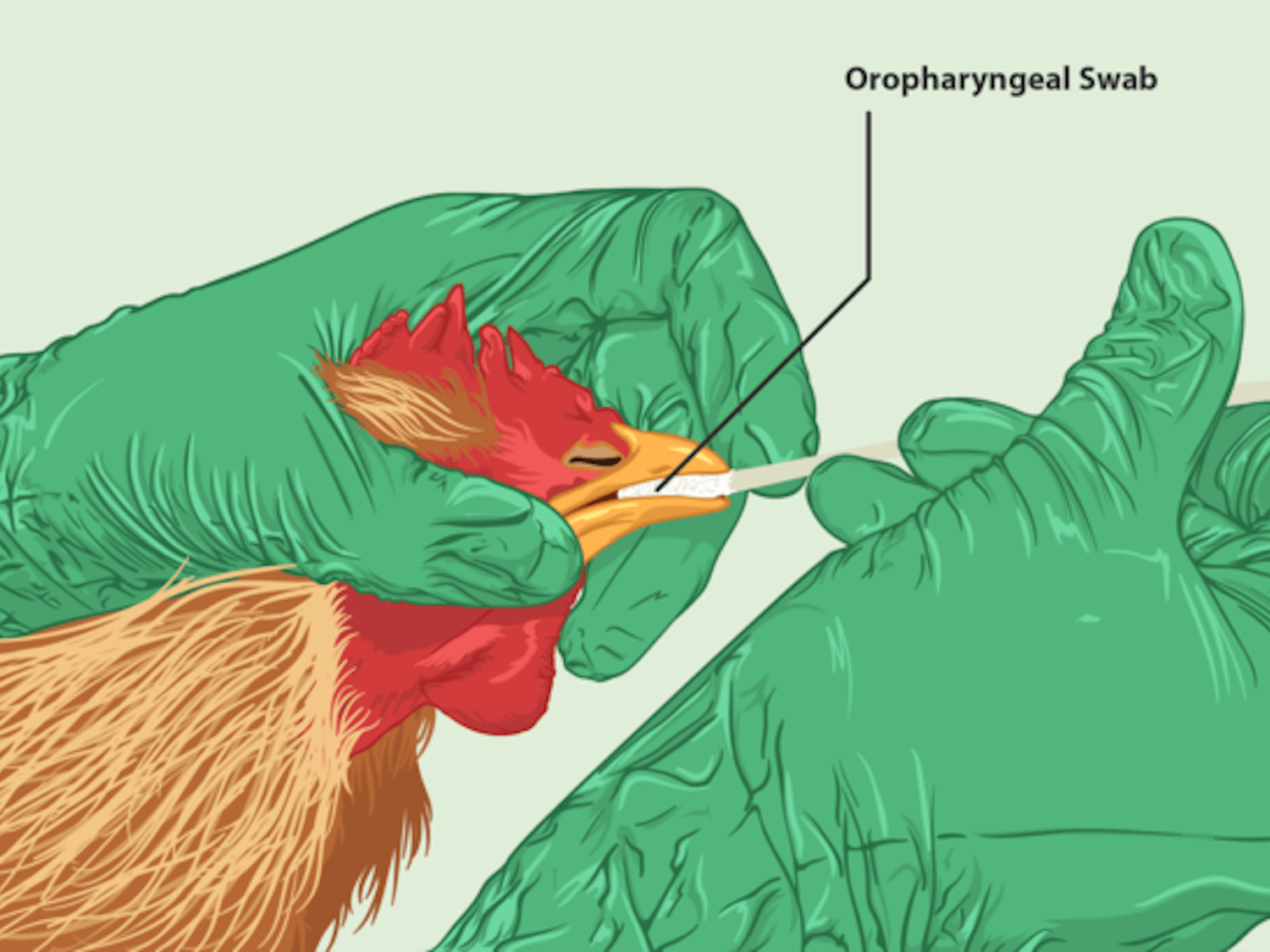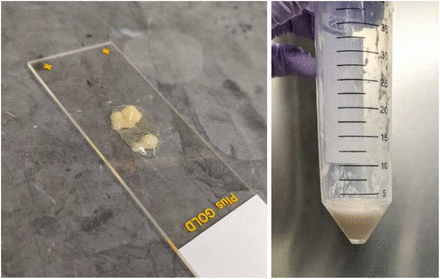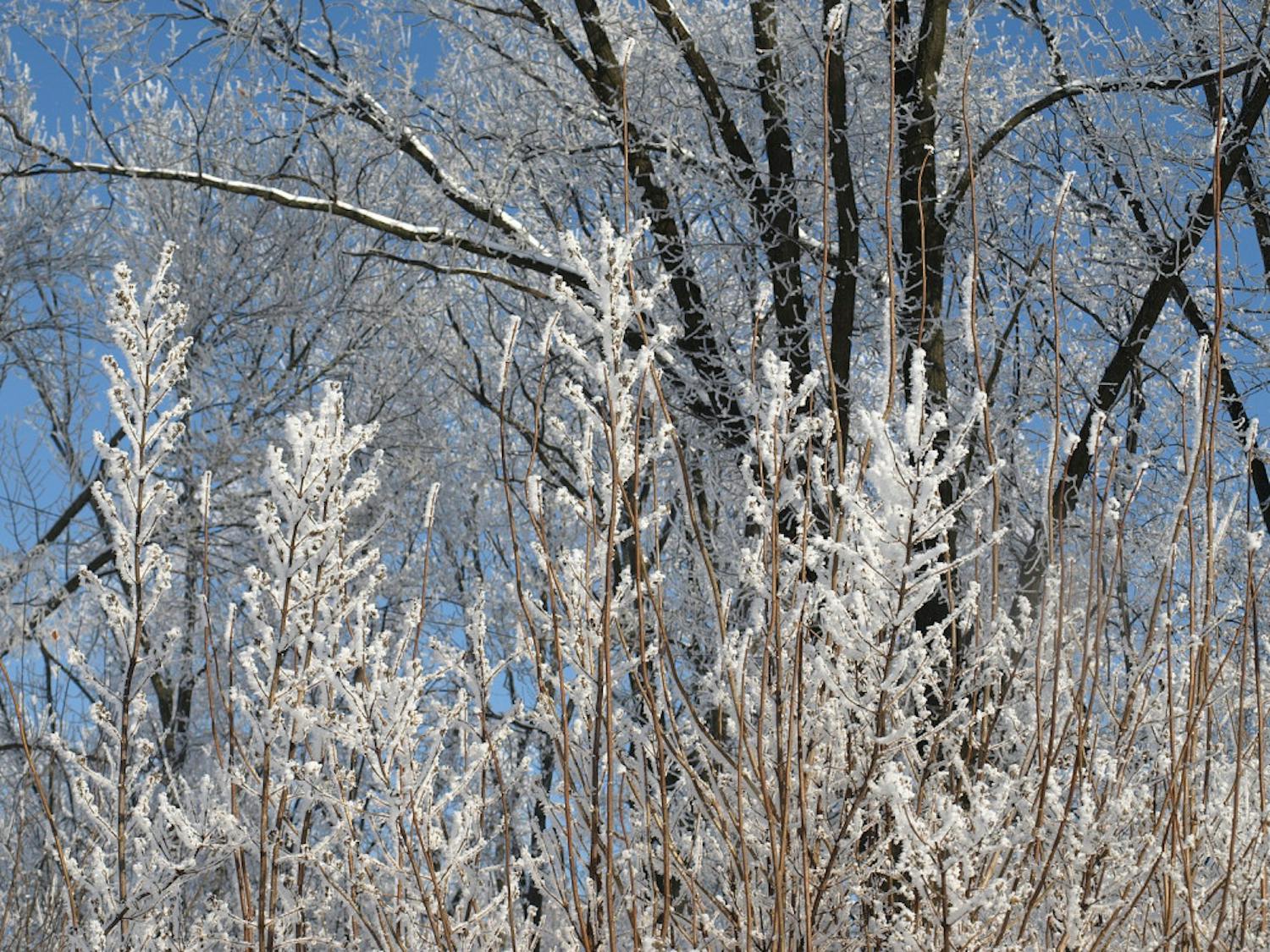Bite-Size Science: Citation gap for female scientists in physics highlights need for visible representation
By Michaela Loughran | November 1Maybe you’ve heard about the lack of female representation in science, technology, engineering and mathematics disciplines or the gender pay gap that still lingers in many STEM fields today. However, a gender equity issue in STEM that gets talked about a lot less frequently is a phenomenon known as the citation gap.

